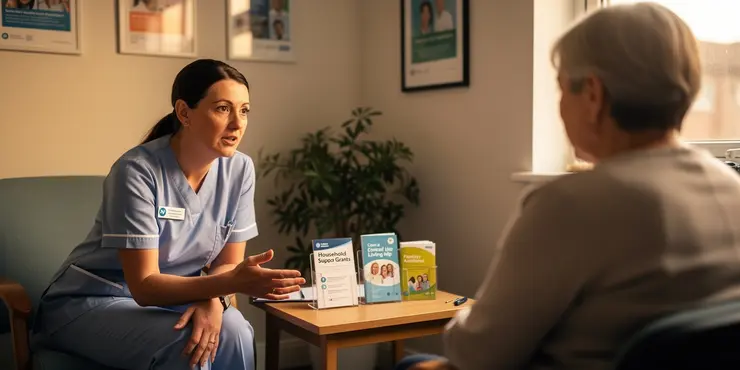
Find Help
More Items From Ergsy search
-
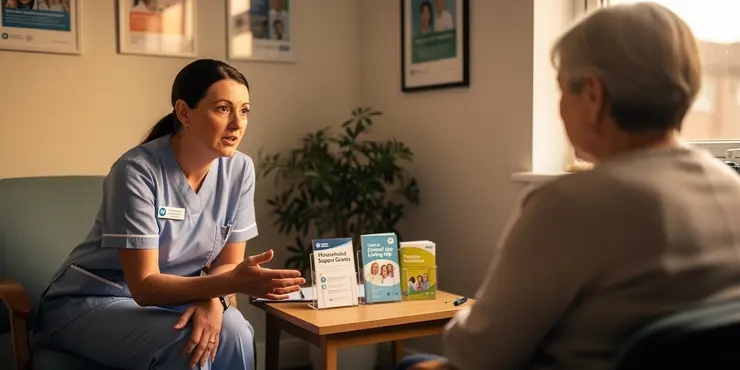
What are Household & Cost-of-Living Support grants?
Relevance: 100%
-
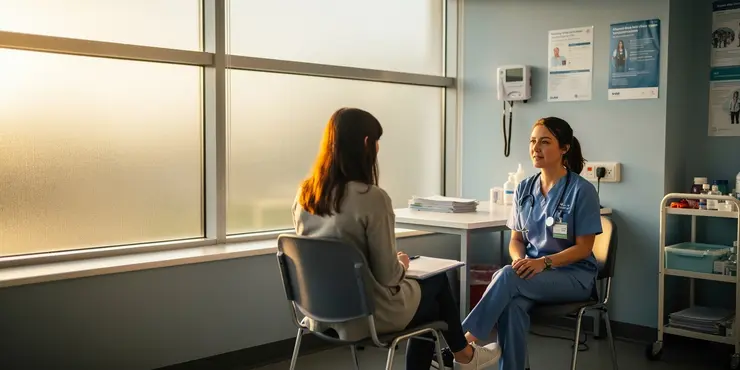
What are Household & Cost-of-Living Support grants?
Relevance: 99%
-
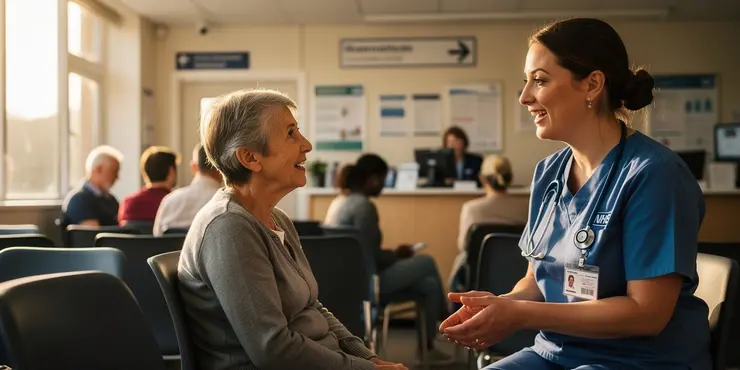
Who is eligible for Household & Cost-of-Living Support grants?
Relevance: 94%
-
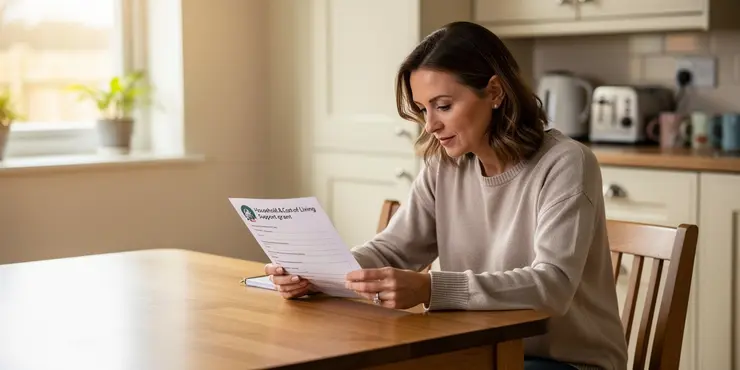
How can I apply for a Household & Cost-of-Living Support grant?
Relevance: 92%
-
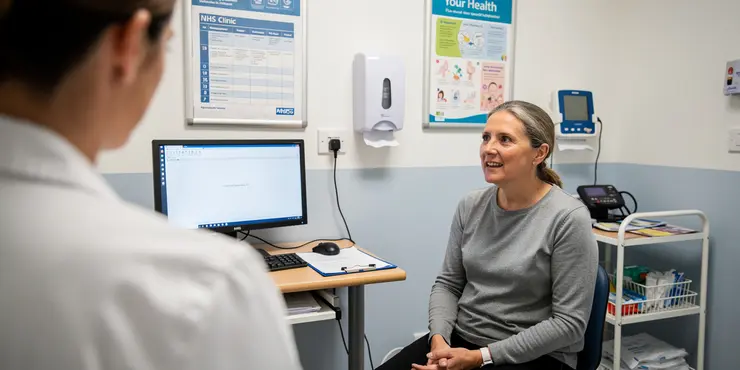
Who is eligible for Household & Cost-of-Living Support grants?
Relevance: 92%
-
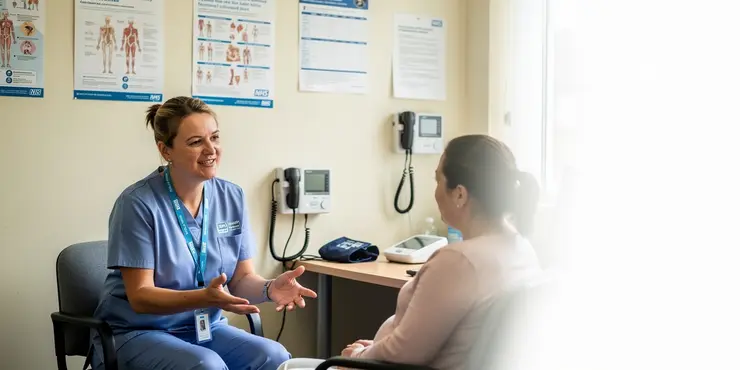
What Household & Cost‑of‑Living Support grants may be available to me?
Relevance: 85%
-
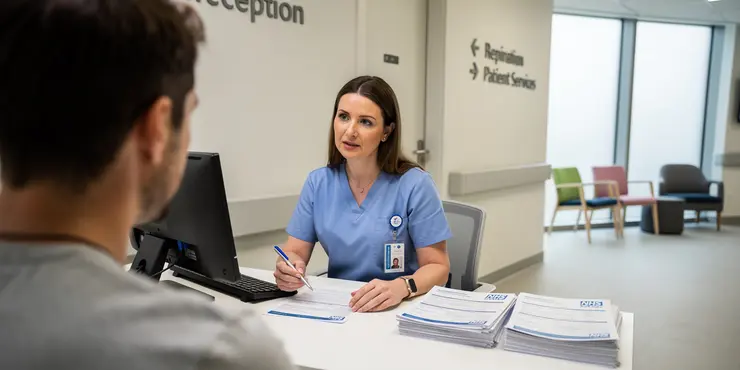
How can I apply for a Household & Cost-of-Living Support grant?
Relevance: 72%
-
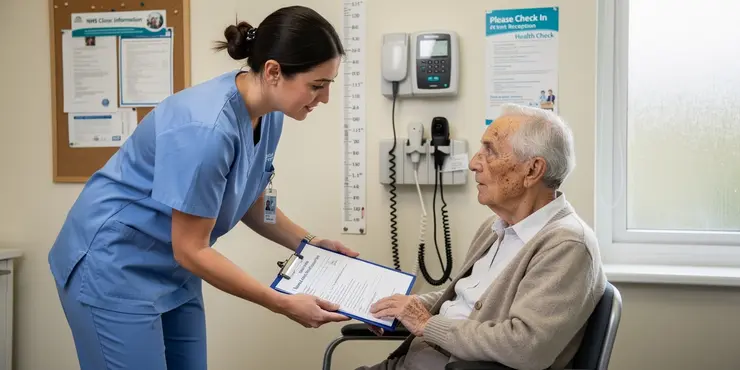
Do I need to pay back Household & Cost-of-Living grants?
Relevance: 70%
-
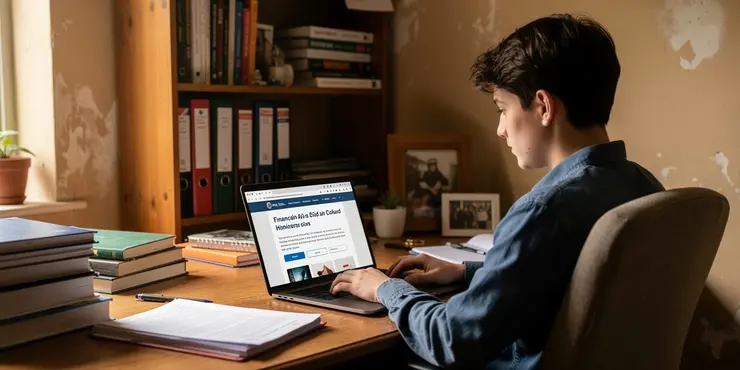
Can students apply for Cost-of-Living support?
Relevance: 66%
-
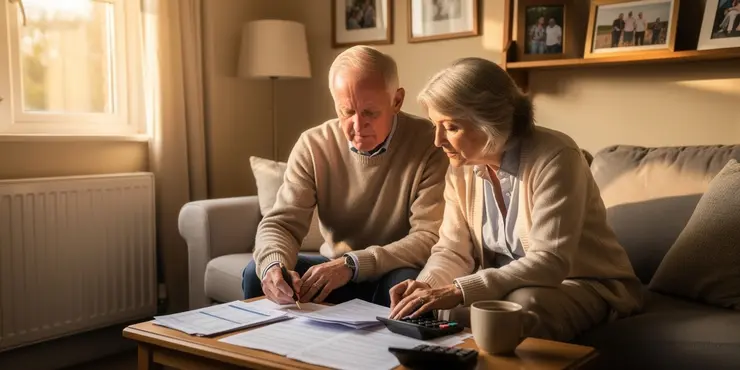
Are there support grants specifically for seniors?
Relevance: 51%
-
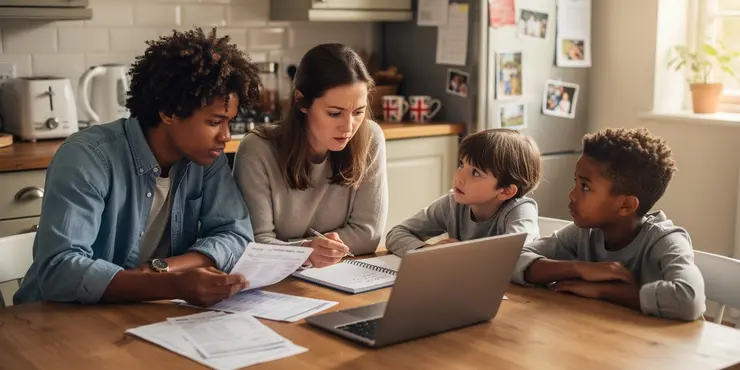
Government Support Schemes for Families Affected by Inflation
Relevance: 35%
-

Financial Support for Families Amid Rising Cost of Living
Relevance: 34%
-
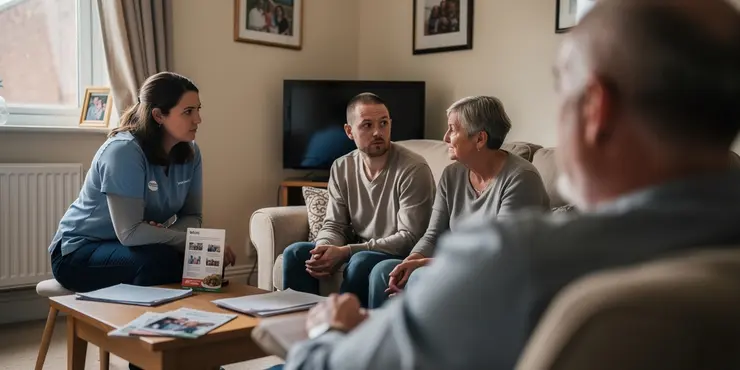
Addressing the Cost of Living Crisis: Community Support and Resources
Relevance: 33%
-
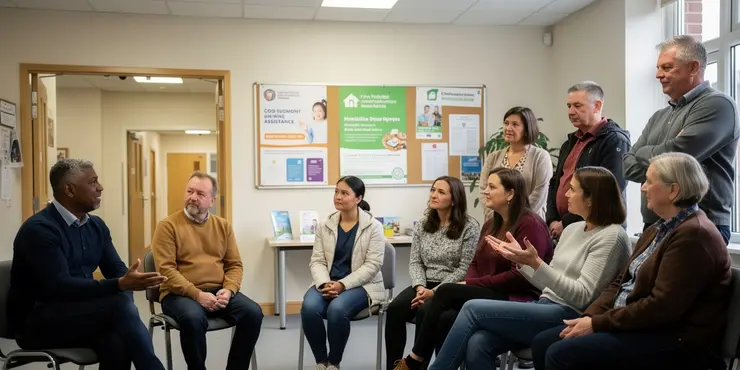
Addressing the Rising Cost of Living: Community Support and Resources
Relevance: 33%
-
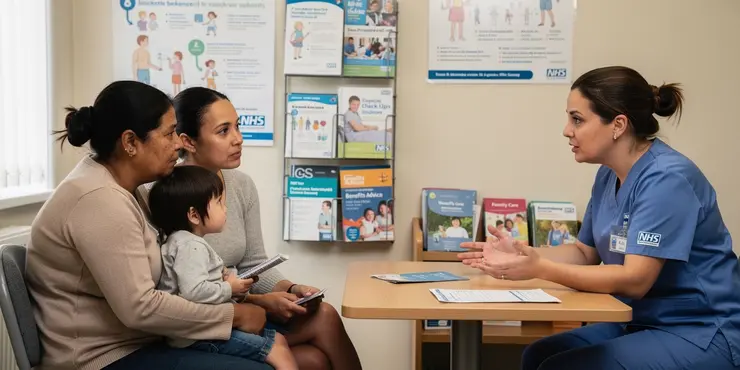
Government Announces New Support Scheme for Low-Income Families
Relevance: 32%
-
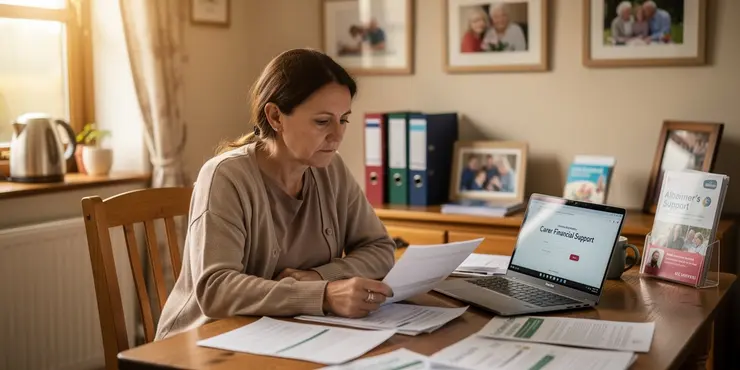
Are there financial support programs for carers of Alzheimer's patients?
Relevance: 32%
-

How can I get government support for my small business?
Relevance: 31%
-
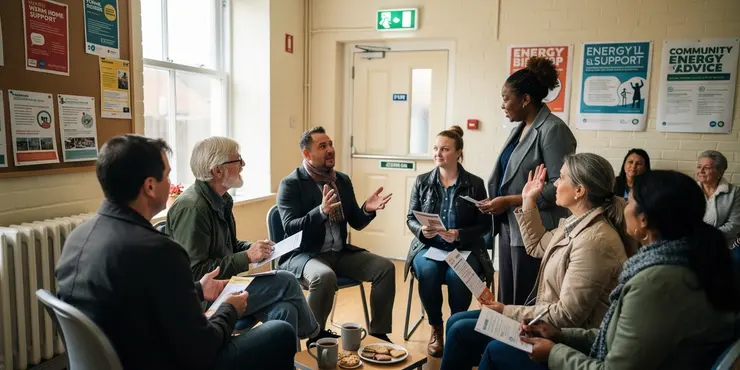
UK Government Announces New Energy Bill Support Amid Rising Costs
Relevance: 30%
-
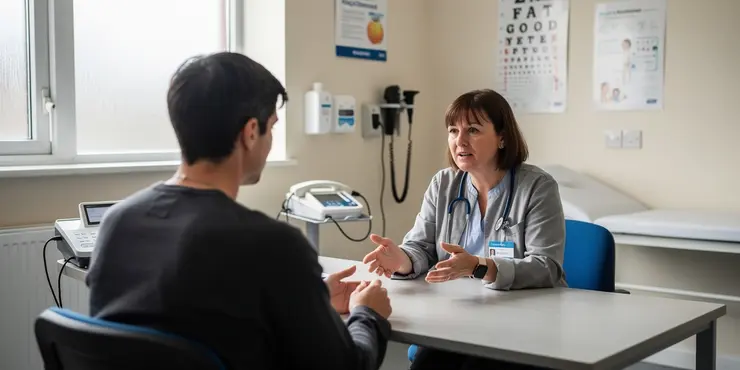
What are tech support scams?
Relevance: 30%
-
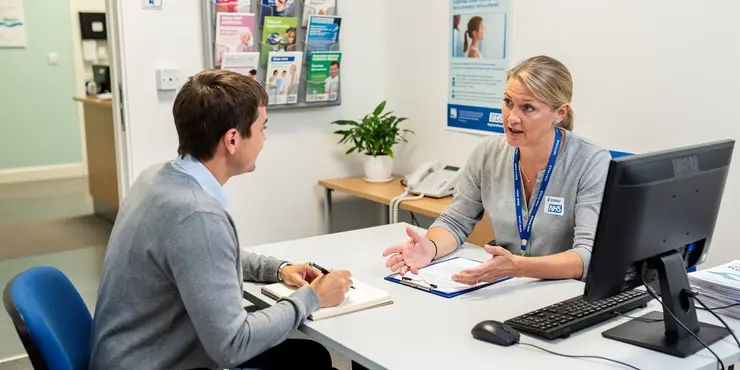
What types of government support are available for small businesses?
Relevance: 30%
-
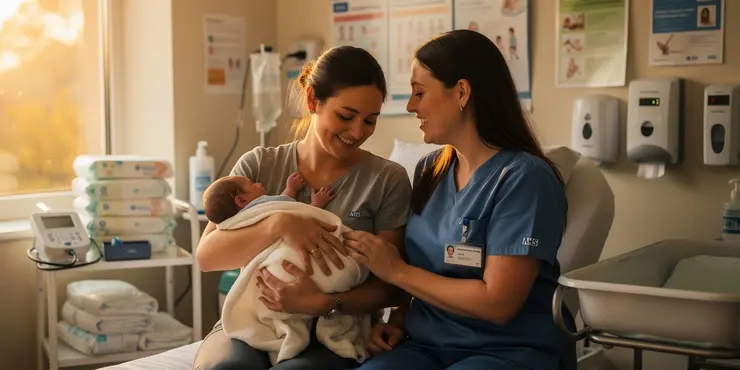
How much is the Sure Start Maternity Grant?
Relevance: 28%
-
Where can I get help in managing my household bills?
Relevance: 28%
-

What types of support are available for community helpers?
Relevance: 28%
-
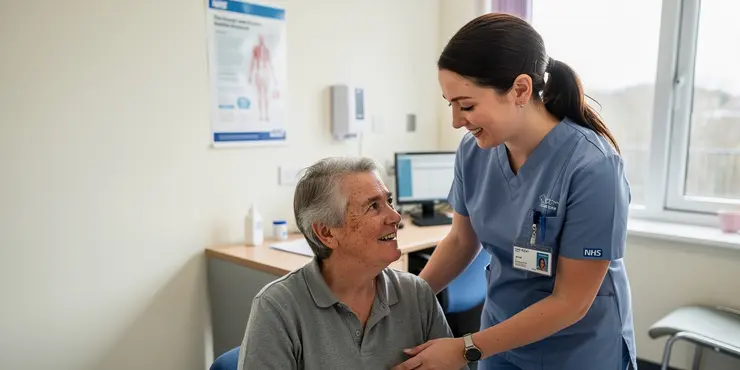
Where can I find information on government support programs for small businesses?
Relevance: 28%
-

Can primary care support workers access mental health support?
Relevance: 27%
-
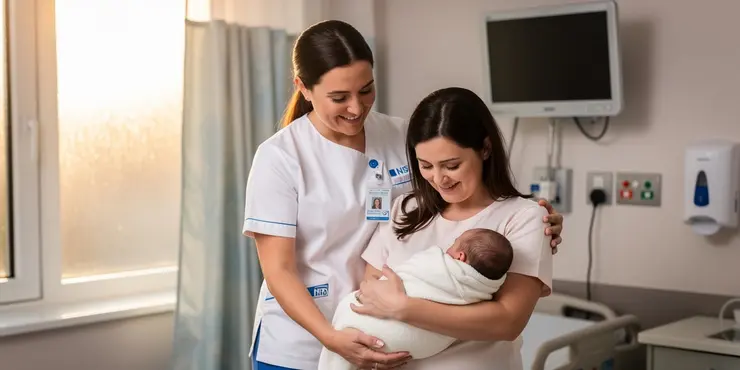
What is the Sure Start Maternity Grant?
Relevance: 27%
-

What is the Sure Start Grant?
Relevance: 27%
-

Are these grants taxable?
Relevance: 27%
-

Are there support groups for postnatal depression?
Relevance: 27%
-
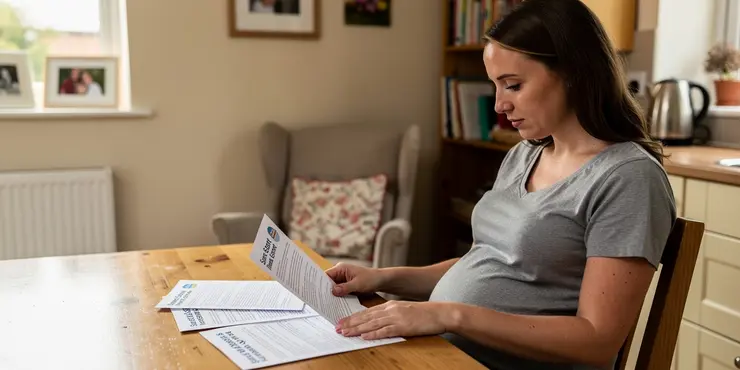
Who is eligible for the Sure Start Maternity Grant?
Relevance: 26%
-
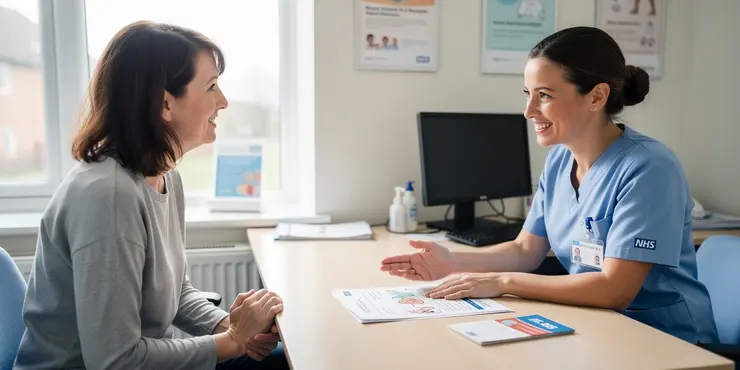
What support is available for individuals diagnosed with bowel cancer?
Relevance: 26%
-

Is there a grant for electric vans?
Relevance: 26%
-

Local Councils Struggle with Increasing Demand for Welfare Support
Relevance: 26%
-
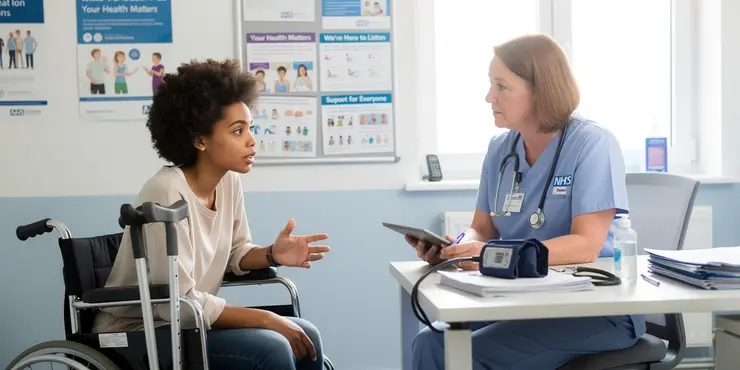
Are there grants specifically for individuals with disabilities?
Relevance: 26%
-
How has child support calculation been updated in 2026?
Relevance: 26%
-
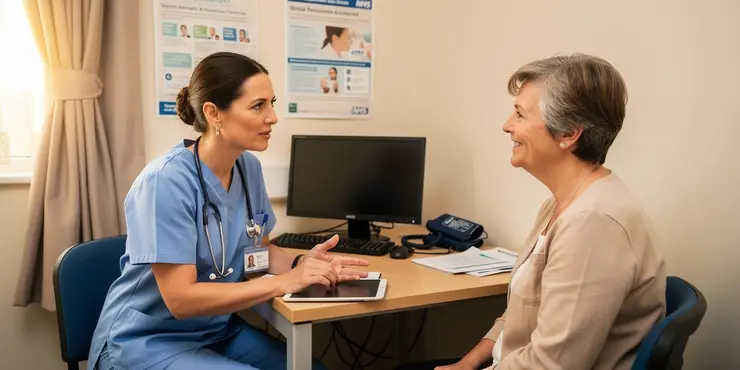
What documents are needed to apply for these grants?
Relevance: 26%
-

Mental Health Support for Families: Resources and Strategies
Relevance: 26%
-
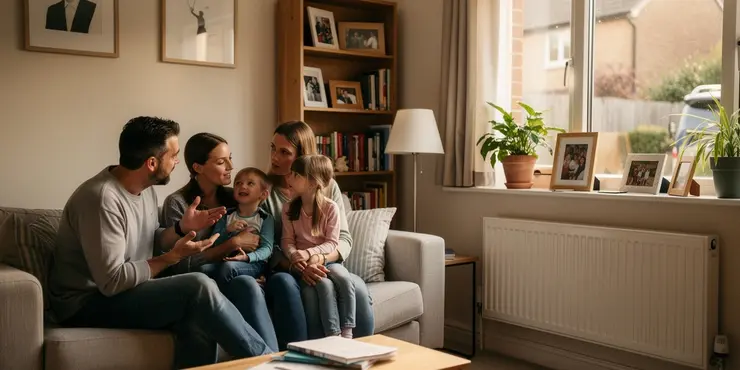
Is there a deadline for the Plug-in Car Grant?
Relevance: 26%
-
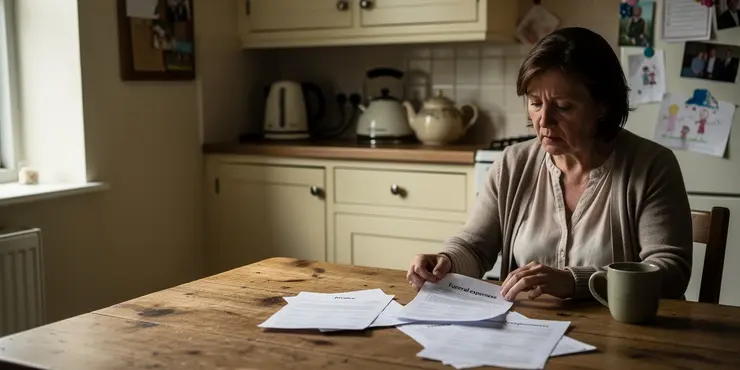
What financial support is available for funeral expenses?
Relevance: 26%
-
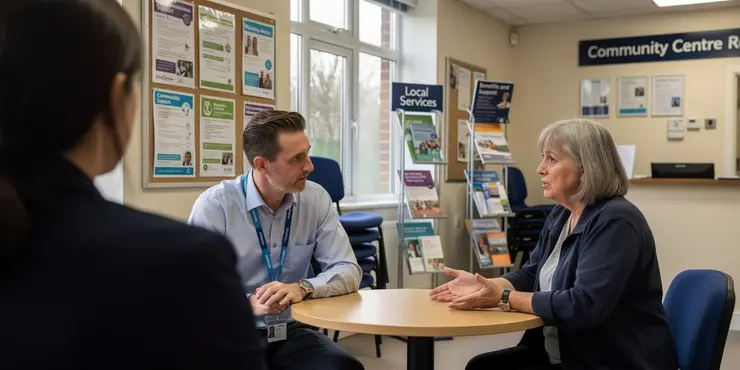
Local Councils Call for More Funding to Support Rising Homelessness
Relevance: 26%
Introduction to Household & Cost-of-Living Support Grants
Household and cost-of-living support grants have become crucial financial aids in the UK, especially in the wake of economic challenges and rising living costs. These grants are designed to help individuals and families manage essential expenses such as food, utilities, and housing during financially difficult times.
Purpose of the Grants
The primary aim of these grants is to provide temporary financial relief to households struggling to make ends meet. They are intended to cover key living expenses, ensuring that basic needs are met. This safety net is essential for preventing situations where individuals may be forced into debt or face utility disconnections.
Eligibility Criteria
Eligibility for household and cost-of-living support grants varies by program. Generally, these grants target low-income families, individuals on benefits, or those experiencing sudden financial hardship. To qualify, applicants often need to demonstrate a genuine need, such as experiencing a significant drop in income or unexpected expenses.
Types of Grants Available
There are several types of household and cost-of-living support grants available across the UK. Some are offered by the central government, while others are provided by local councils or charities. Common types include:
- Housing Support Grants: Assist with rent or mortgage payments to prevent eviction or foreclosure.
- Utility Assistance Grants: Help cover the costs of electricity, gas, and water bills.
- Food Vouchers: Provided to ensure families can purchase groceries and essentials.
- Emergency Hardship Grants: Aim to cover unforeseen expenses such as urgent repairs or medical costs.
Application Process
The application process for these grants typically involves filling out a form either online or via a paper application. Applicants may be required to provide documentation proving their financial situation, such as pay slips, bank statements, or benefit records. It is important to apply through recognized channels to ensure legitimacy and security.
Impact on Communities
These grants play a significant role in supporting communities, reducing the strain on social services, and enabling individuals to regain financial stability. They also help in maintaining economic equilibrium by boosting local spending, as households are able to pay for their necessities.
Challenges and Considerations
While these grants provide valuable assistance, they are not without challenges. Limited funding means that not all eligible individuals may receive support, and the application process can be confusing or lengthy for some. It is essential for both applicants and service providers to communicate clearly to maximize the grants' effectiveness.
Conclusion
Household and cost-of-living support grants are vital resources for those facing financial difficulty in the UK. By providing essential support, these grants help ensure that individuals and families can meet their basic needs and maintain a decent quality of life during challenging times. Awareness and understanding of these offerings are crucial for those in need to benefit fully.
Introduction to Household & Cost-of-Living Support Grants
Household and cost-of-living support grants are money to help people in the UK. They are important because costs are going up, and some people find it hard to pay for things like food, electricity, and their home.
Purpose of the Grants
The main goal of these grants is to help people who need extra money to pay for important things. These grants stop people from having to borrow money or losing their electricity or water.
Who Can Get the Grants
Not everyone can get these grants. They are for families with little money, people who get help from the government, or people suddenly having money problems. To get a grant, you often have to show you really need the help, like if you lose your job or have a big surprise cost.
Different Grants You Can Get
There are different kinds of grants in the UK. Some come from the government, and others from local councils or charities. Here are some common ones:
- Housing Support Grants: Help with paying rent or a house loan so people do not lose their home.
- Utility Assistance Grants: Help pay for electricity, gas, and water.
- Food Vouchers: Let families buy food and other important things.
- Emergency Hardship Grants: Help with unexpected costs like fixing a broken heater or medical bills.
How to Apply
To apply for these grants, you usually need to fill out a form. This can be done online or on paper. You might need to show documents that prove your money situation, like pay slips or bank records. Make sure to apply correctly to stay safe.
How Grants Help Communities
These grants help communities a lot. They reduce pressure on social services and help people get back on their feet. They also help by letting people spend money locally, as they can pay for what they need.
Problems and Things to Think About
Even though these grants are helpful, there are problems. There might not be enough money for everyone who needs help, and applying can be confusing. Clear communication helps everyone understand and use the grants well.
Conclusion
Household and cost-of-living support grants are very important for people in the UK who are having money problems. They help people buy what they need and live well. Knowing about these grants is important for getting the help you need.
Frequently Asked Questions
What are Household & Cost-of-Living Support grants?
These grants are financial aids provided to individuals or families to help cover essential living expenses and cope with rising costs of living.
Who is eligible for Household & Cost-of-Living Support grants?
Eligibility varies by program but often includes low-income households, individuals facing financial hardship, or families with dependents.
How do I apply for a Household & Cost-of-Living Support grant?
Applications can typically be submitted through government websites or local welfare offices. Specific instructions are provided by the administering agency.
What costs can be covered by these grants?
Grants can cover essential costs such as rent, utilities, groceries, and medical expenses.
Are these grants the same as welfare benefits?
While similar, these grants are specifically for addressing cost-of-living increases and may be separate from standard welfare or social benefits.
How long does it take to receive the grant once approved?
The processing time varies; it can range from a few weeks to a couple of months after approval, depending on the program.
Do I need to repay the Household & Cost-of-Living Support grants?
No, these grants are typically not loans and do not require repayment.
Can I receive multiple grants at the same time?
Possibly, but it depends on the specific programs and their eligibility criteria. Some may allow stacking, while others do not.
Is there a deadline for applying for these grants?
Yes, each grant program may have a specific application period or deadline that you need to comply with.
What documentation is needed to apply for a grant?
Documentation may include proof of income, residency, identification, and any bills or expenses you need assistance with.
Can I apply for a grant if I am unemployed?
Yes, unemployment is often a qualifying factor for these grants.
Are these grants taxable income?
Generally, these grants are not considered taxable income, but it’s best to check with a tax advisor or the specific grant guidelines.
How are the funds from the grant disbursed?
Funds may be disbursed via direct deposit, a prepaid card, or checks, depending on the administering authority.
Can I appeal if my grant application is denied?
Yes, most programs have an appeals process if your application is initially denied.
Are there grants specifically for seniors or disabled individuals?
Yes, some grants are targeted specifically towards seniors, disabled individuals, or specific vulnerable populations.
Can students apply for Household & Cost-of-Living Support grants?
Students may apply if they meet the eligibility requirements, which vary by program.
Are there income limits for these grants?
Yes, most grants have income limits to ensure they support those in greatest financial need.
Is there an online portal for tracking my grant application status?
Many programs provide online portals where applicants can check the status of their application.
Can I reapply for the grant if my financial situation changes after receiving it?
Possibly, but it depends on the specific grant program rules and funding availability.
What should I do if I suspect fraud related to Household & Cost-of-Living Support grants?
Report any suspicions of fraud to the helpline or contact information provided by the administering agency.
What are Household & Cost-of-Living Support grants?
Household & Cost-of-Living Support grants are money from the government. This money helps families pay for things like food and bills.
This helps when things cost too much and families need extra help.
For more help, you can ask a friend or use pictures to understand better.
These grants are money that help people pay for important things they need to live. They make it easier to handle rising costs of living.
Who can get Household & Cost-of-Living Help money?
Different programs have different rules to join. Often, you can join if you do not have enough money, are having money problems, or have children to take care of.
How can I ask for a Household & Cost-of-Living Support grant?
If you need help with money for your home and living costs, you can ask for a grant. A grant is money that you do not have to pay back.
Here's how you can do it:
- Go to the website of the place that gives out these grants.
- Find the form to ask for the grant. You might need someone to help you fill it out.
- Follow the steps on the form. Write down all the things it asks for.
- If you need help, ask a friend or a family member, or talk to someone at a local support center.
You can use tools like a computer, phone, or tablet to go online and do this. If reading or writing is hard, you can ask for help or use special apps that can read the words out loud for you.
You can usually apply on the government website or at local help offices. They will tell you how to do it.
What can the money from these grants pay for?
This question asks about what the grant money can be used to buy or pay for.
Here are some tips to help understand:
- Use a dictionary if there are words you don't know.
- Ask someone to explain this to you.
- Read it aloud slowly and think about each part.
Grants can help pay for important things like rent, water and electricity bills, food, and doctor visits.
Is a grant the same as getting money from the government to help you?
These grants are like money help. They help with things that cost more money now. They are different from other regular help like welfare or social benefits.
How long until you get the grant money after it is approved?
The time it takes is different for each program. It can be a few weeks or a couple of months after you get approved.
Do I have to pay back the Household & Cost-of-Living Support grants?
No, you do not have to pay back this money.
Here are some ways to understand better:
- Ask someone to explain it to you.
- Look at videos that talk about it.
- Use tools that read text out loud to you.
No, these grants are not loans. You do not have to pay them back.
Can I get more than one grant at the same time?
Yes, you can get more than one grant at the same time. A grant is money given to you to help with something important. Sometimes, people need more than one grant to help them. You can apply for different grants and see if you get them.
Here are some tips to help you:
- Ask someone you trust to help you apply for grants.
- Use simple checklists to keep track of what you need for each grant.
- Look for websites or services that can help you with grant applications.
Maybe, but it depends on the rules of the programs. Some programs let you stack them, but others do not.
When do I need to apply for these grants?
Yes, each grant has a time when you need to apply. This time is called a deadline. Make sure you know when it is.
What papers do you need to ask for money help?
When you want to get money help (called a grant), you need to show some papers. These papers help others know you need the money.
Here’s what you might need:
- Your ID: This shows who you are. It could be a driving license or a passport.
- Proof of Income: This shows how much money you have coming in. It could be a pay slip or bank paper.
- Application Form: Fill in the form they give you. It tells them who you are and what you need the money for.
If you find reading hard, ask someone you trust for help. They can help read and fill in the form with you.
When you need help, you might need to show some papers. These papers can be:
- Proof of how much money you make.
- Proof of where you live.
- Proof of who you are.
- Any bills or costs you need help with.
If reading is hard, you can use tools like text readers. They read the words out loud for you.
Can I ask for money help if I do not have a job?
If you do not have a job, you can often get these grants.
Do I have to pay tax on these grants?
Most of the time, these grants do not count as money you have to pay tax on. But, it's a good idea to talk to a tax expert or read the grant rules to make sure.
How do we give out the grant money?
You can get money in different ways. It depends on who gives you the money. They might put money straight into your bank. They might give you a special card with money on it. Or they might send you a check.
Can I ask for a review if my grant request is turned down?
If the answer is "No," it's okay. You can try again next time.
If the answer is "Yes," here's what you can do:
- Talk to someone who knows about grants. They can help you.
- Write a short letter explaining why you want a review.
- Ask someone you trust to check the letter.
- Send the letter to the right place. Make sure you have the address.
It's important to follow the steps. Don't give up!
Yes, you can ask for a second chance if they say no to your application at first. Many programs let you do this.
Can older people or people with disabilities get special money help?
Yes, some money is given to help older people, people with disabilities, or those who need extra help.
Can students get help with money for living costs?
Students can apply if they fit the rules for the program. The rules are different for each program.
Can everyone get these money gifts?
Yes, most grants have rules about how much money you can earn. This is because they want to help people who need money the most.
Can I check my grant application online?
Lots of programs have websites where you can see how your application is doing.
Can I ask for the money again if my money situation changes after I get it?
If your money situation changes, you might be able to ask for the grant again. Here are some tips to help you:
- Talk to the people who gave you the grant. They can tell you what to do next.
- Write down why you need the money again. This helps explain your situation.
- Ask a family member or friend to help you with the forms if you find them difficult.
Maybe, but it depends on the rules for the grant and how much money is available.
What to Do if You Think Someone Is Cheating with Household and Cost-of-Living Grants
If you think something is wrong or unfair with the money or help you are getting, tell someone who can help. You can call a special phone number or talk to the people who gave you the money or help.
Useful Links
This website offers general information and is not a substitute for professional advice.
Always seek guidance from qualified professionals.
If you have any medical concerns or need urgent help, contact a healthcare professional or emergency services immediately.
Some of this content was generated with AI assistance. We’ve done our best to keep it accurate, helpful, and human-friendly.
- Ergsy carfully checks the information in the videos we provide here.
- Videos shown by Youtube after a video has completed, have NOT been reviewed by ERGSY.
- To view, click the arrow in centre of video.
- Most of the videos you find here will have subtitles and/or closed captions available.
- You may need to turn these on, and choose your preferred language.
- Go to the video you'd like to watch.
- If closed captions (CC) are available, settings will be visible on the bottom right of the video player.
- To turn on Captions, click settings .
- To turn off Captions, click settings again.
More Items From Ergsy search
-

What are Household & Cost-of-Living Support grants?
Relevance: 100%
-

What are Household & Cost-of-Living Support grants?
Relevance: 99%
-

Who is eligible for Household & Cost-of-Living Support grants?
Relevance: 94%
-

How can I apply for a Household & Cost-of-Living Support grant?
Relevance: 92%
-

Who is eligible for Household & Cost-of-Living Support grants?
Relevance: 92%
-

What Household & Cost‑of‑Living Support grants may be available to me?
Relevance: 85%
-

How can I apply for a Household & Cost-of-Living Support grant?
Relevance: 72%
-

Do I need to pay back Household & Cost-of-Living grants?
Relevance: 70%
-

Can students apply for Cost-of-Living support?
Relevance: 66%
-

Are there support grants specifically for seniors?
Relevance: 51%
-

Government Support Schemes for Families Affected by Inflation
Relevance: 35%
-

Financial Support for Families Amid Rising Cost of Living
Relevance: 34%
-

Addressing the Cost of Living Crisis: Community Support and Resources
Relevance: 33%
-

Addressing the Rising Cost of Living: Community Support and Resources
Relevance: 33%
-

Government Announces New Support Scheme for Low-Income Families
Relevance: 32%
-

Are there financial support programs for carers of Alzheimer's patients?
Relevance: 32%
-

How can I get government support for my small business?
Relevance: 31%
-

UK Government Announces New Energy Bill Support Amid Rising Costs
Relevance: 30%
-

What are tech support scams?
Relevance: 30%
-

What types of government support are available for small businesses?
Relevance: 30%
-

How much is the Sure Start Maternity Grant?
Relevance: 28%
-
Where can I get help in managing my household bills?
Relevance: 28%
-

What types of support are available for community helpers?
Relevance: 28%
-

Where can I find information on government support programs for small businesses?
Relevance: 28%
-

Can primary care support workers access mental health support?
Relevance: 27%
-

What is the Sure Start Maternity Grant?
Relevance: 27%
-

What is the Sure Start Grant?
Relevance: 27%
-

Are these grants taxable?
Relevance: 27%
-

Are there support groups for postnatal depression?
Relevance: 27%
-

Who is eligible for the Sure Start Maternity Grant?
Relevance: 26%
-

What support is available for individuals diagnosed with bowel cancer?
Relevance: 26%
-

Is there a grant for electric vans?
Relevance: 26%
-

Local Councils Struggle with Increasing Demand for Welfare Support
Relevance: 26%
-

Are there grants specifically for individuals with disabilities?
Relevance: 26%
-
How has child support calculation been updated in 2026?
Relevance: 26%
-

What documents are needed to apply for these grants?
Relevance: 26%
-

Mental Health Support for Families: Resources and Strategies
Relevance: 26%
-

Is there a deadline for the Plug-in Car Grant?
Relevance: 26%
-

What financial support is available for funeral expenses?
Relevance: 26%
-

Local Councils Call for More Funding to Support Rising Homelessness
Relevance: 26%


